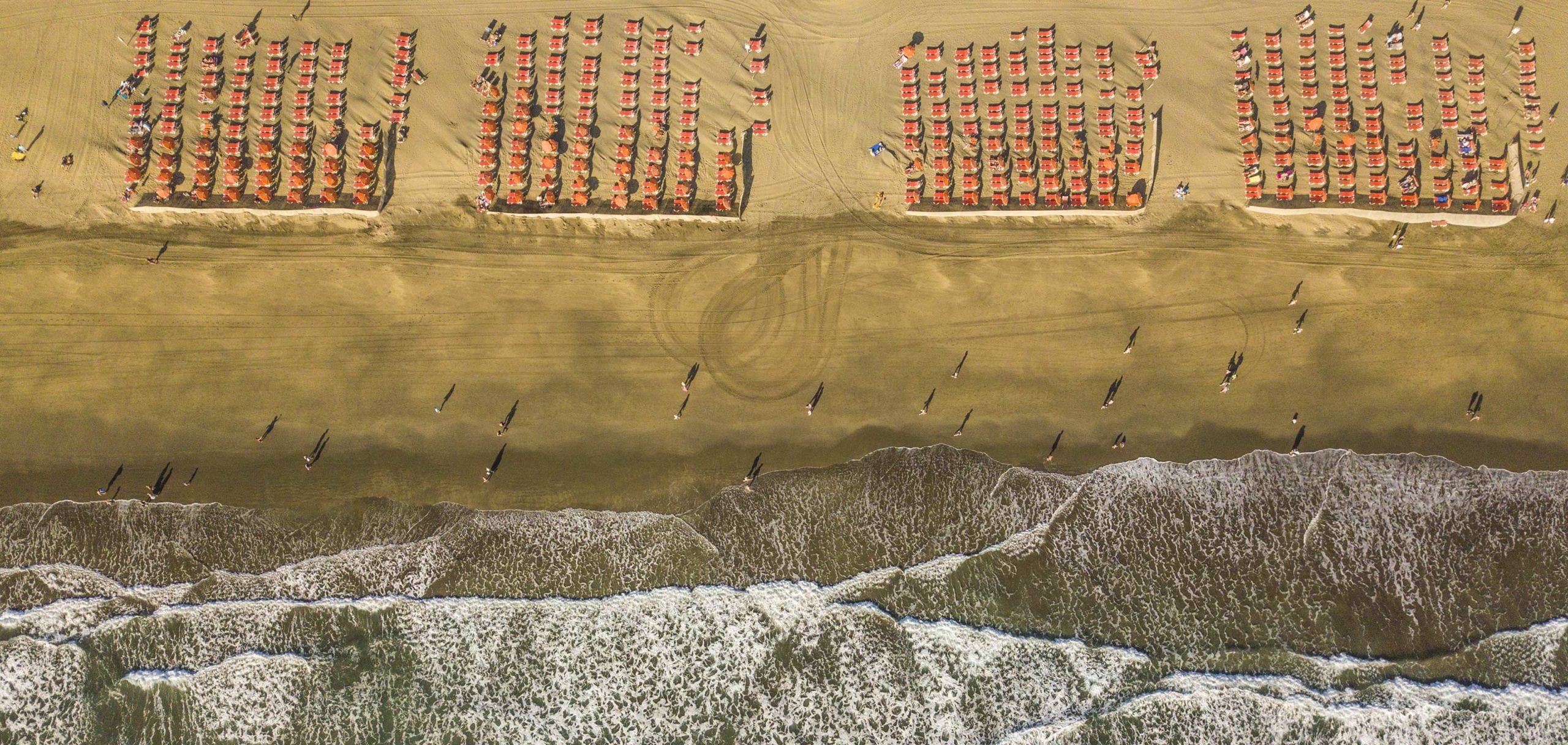Emerging Markets Cheat Sheet (September 26, 2011)
Strengths
- Hong Kong’s unemployment rate dropped to 3.2 percent in August, a substantial improvement from 3.4 percent in July and exceeding a previous trough of 3.3 percent during the first half of 2008, as businesses remained optimistic and job creation outpaced labor force additions.
- South Korea’s unemployment rate fell to a three-year low of 3.1 percent in August from 3.3 percent in July, thanks to sustained job growth in service sectors less affected by external demand uncertainties.
- Thailand’s August exports rose 31.1 percent from a year earlier, higher than expected, thanks to increasing shipments of agricultural products, including rice and rubber, with limited impact, so far, from the slowdown in the U.S. and Europe.
- Sales of Turkish white goods are up 21 percent in the first eight months of 2011 over the previous year and may reach six million units, reported Haberturk. The domestic market for products such as refrigerators, washing machines and dishwashers grew more than expected, according to the Turkish white goods association.
Weaknesses
- Taiwan’s August export orders rose by a slower-than-expected 5.3 percent year-over-year, decelerating from 11.1 percent in July and the slowest in 22 months, led by weakening technology orders including LCDs, semiconductors, and batteries. Consistent with decelerating exports, August industrial production rose only 3.9 percent year-over-year, slower than expected.
- The HSBC China Flash Manufacturing Purchasing Managers Index (PMI) declined further to 49.4 in September from 49.9 in August, forecasting continued contraction in activity at small- and medium-sized companies in China with both export orders and output levels easing as a result of domestic policy tightening and uncertainty in U.S. and European demand.
- Asian currencies slumped by 4.3 percent on average so far this month, heading for the biggest monthly loss since December 1997, led by the South Korean won and the Indonesian rupiah, as European investors with mounting balance sheet problems continued to redeem out of emerging market bonds and equities.
- Russian oil and gas companies should make $94 billion this year, more than twice Exxon’s expected profits of $46 billion. Yet the entire Russian oil and gas sector has a market cap less than that of Exxon. At the peak of its market capitalization in 2007, Gazprom alone had surpassed Exxon.
Opportunities
- The Philippines market has managed to outperform the rest of the Asian markets by about 8 percent this year to date, as its smaller foreign investor base made it less vulnerable to profit-taking by crisis-stricken Europeans. Growing revenues from multinational outsourcing and accelerating domestic bank lending could presage a multi-year credit and investment cycle much like what Indonesia has enjoyed in the last five years.

- S&P raised Turkey's local currency rating to investment grade, and affirmed the foreign currency sovereign rating at BB with a positive outlook. Sovereign credit default swaps (CDS) are low relative to higher-rated countries, indicating that agencies are still behind the curve. The rating upgrade will be positive for the banking sector, according to Wood research.

Threats
- Dedicated equity fund outflows from Emerging Asia have reached $13.6 billion in total so far this year, the largest outflow since 2008’s $25.3 billion. In addition, fund flows for Asian ETFs have turned negative year-to-date, versus consecutive positive flows for eight years in a row. Intermittent negative news out of Europe may weigh on already fragile investor sentiment and encourage more redemptions out of Asia.

- A standoff on gas tariffs threatens an IMF loan to Ukraine. While the IMF reiterated that a sharp increase in domestic gas tariffs was a pre-condition for completion of the second review and a further tranche of funding, the Ukrainian authorities do not intend to raise gas tariffs, and are actively seeking other sources of funding.










